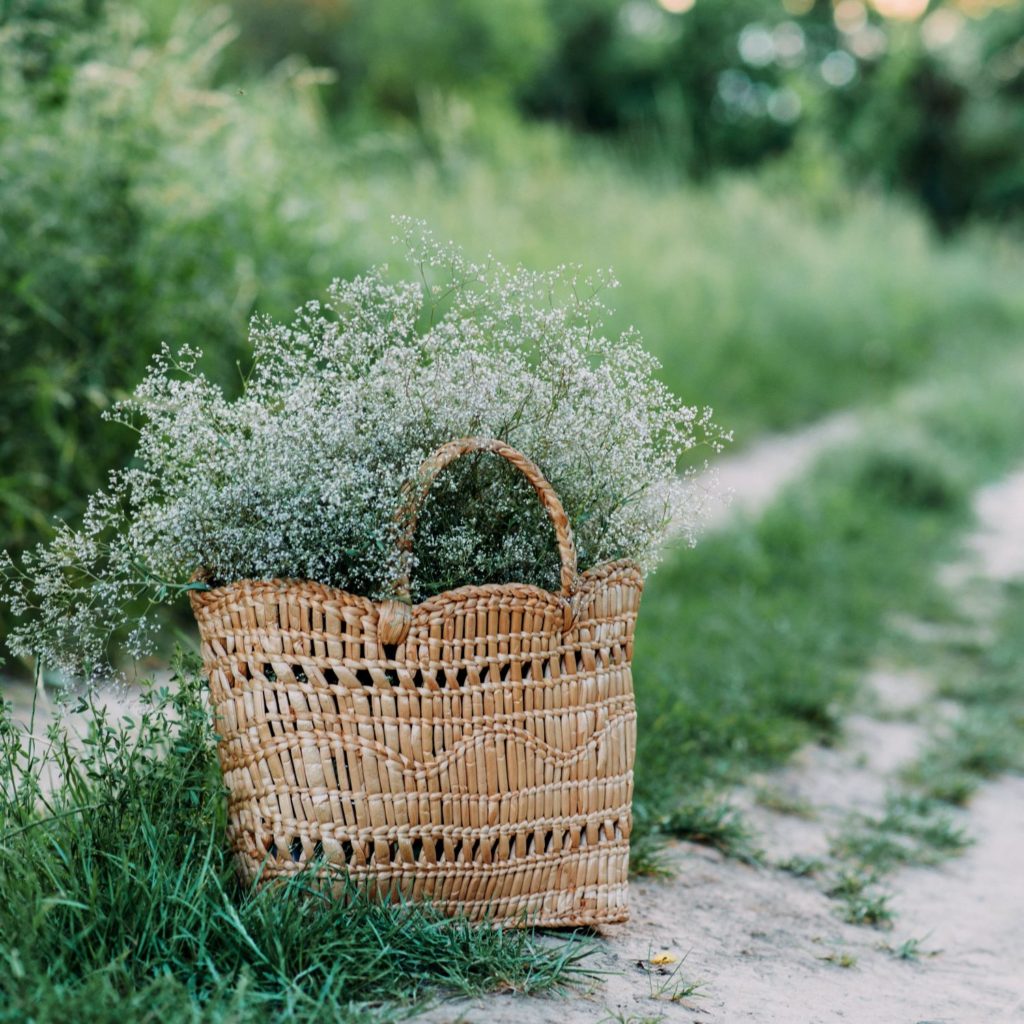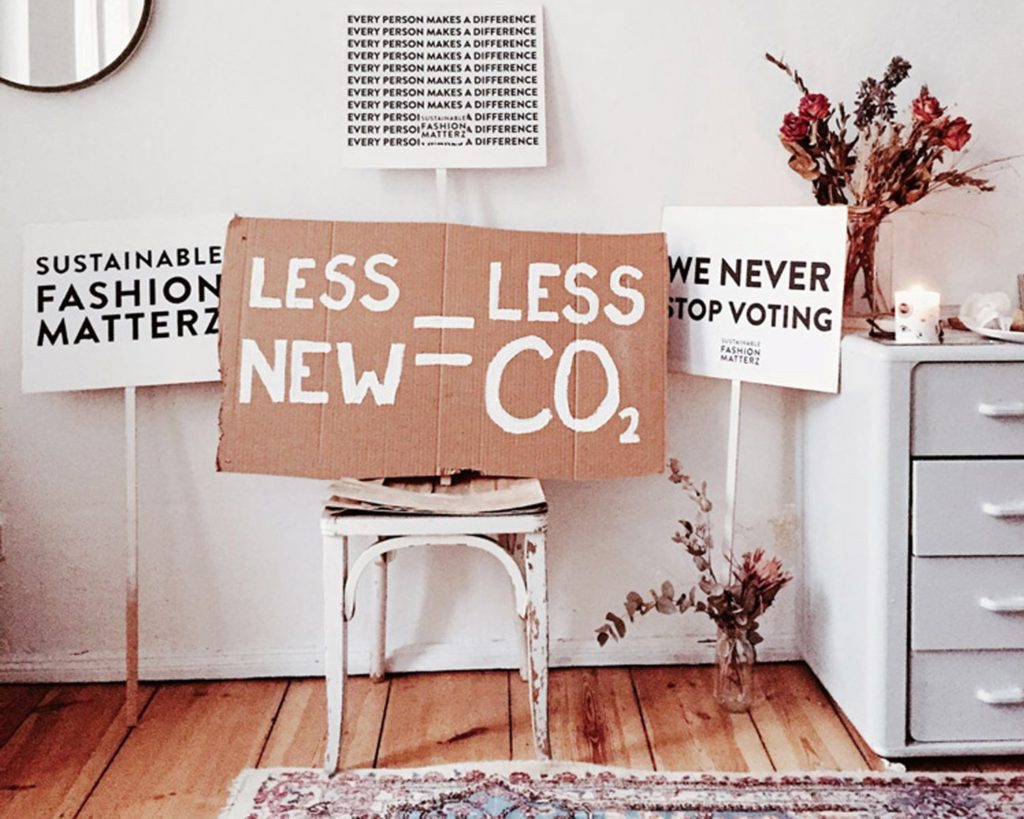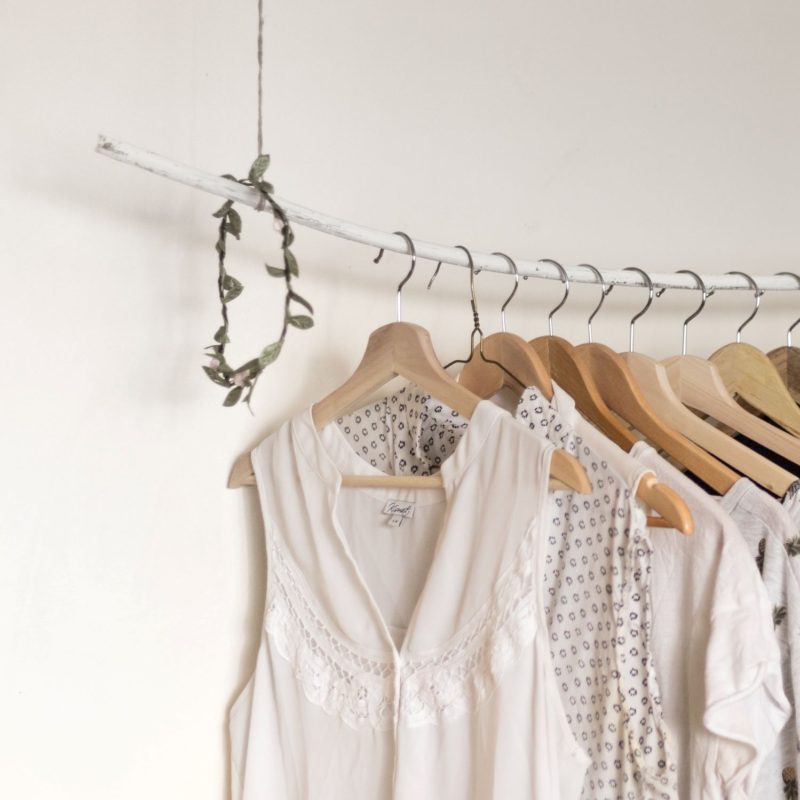Slow Fashion
Slow fashion is a conscious approach to fashion. It’s an awareness and appreciation of the resources and processes which go into making our clothes.
Sustainability and the best ethical practices are prioritized. It’s choosing to dress in a way that honors people, the planet, and animals. And slow fashion is about buying less and investing in better quality clothes. In essence, it is a conscious lifestyle that considers the true cost of fashion.
In an age where everything comes cheaply and is instantly available, we’ve lost the true meaning. From the food on our plates to the clothes on our back, we’ve become disconnected.
But now many ethical brands, grass-roots movements, and individuals are fighting back. They are saying enough is enough; we need to stop the endless consumerism and lead more considered and intentional lives. We need to ditch fast and adopt a slower pace.

Where it all changed
Any conversation on slow fashion must conversely include fast fashion. Therefore it’s important to understand the fast fashion model and the devastating impact it has.
Before the industrial revolution and the invention of the sewing machine, all our clothes were made by hand from the materials which were available. Right up until the 1970s, clothes were produced on a small scale. But fast forward to the late 90s/early noughties and everything changed. Fast fashion retailers took off. They copied what was out there on the catwalk and made it readily available for a fraction of the price. Soon their brightly lit stores started to dominate malls and today they’re global giants. Visit any city in the world and you’ll see the same brand stores. But behind their glossy visage lies a host of dirty truths.
The problem with fast fashion
Retailers churn out cheap, mass produced clothing, manufactured at the lowest possible cost. Production factories are located in developing countries such as China, Bangladesh, and India where labor is cheap and the workers are viewed as a commodity. Workers are subject to inhumane working conditions and face physical and verbal abuse. If they fail to meet their unachievable targets they are not allowed breaks or to drink water and are forced to work through the night. They work grueling hours (80+ weekly) and are paid well below the living wage. And more than 170 million children are forced into work. The buildings themselves are extremely dangerous. When the Rena Plaza collapsed in 2013, that tragic event brought to the forefront the imminent threat these factories pose to human life.
The fashion industry is the second biggest polluter on the planet. It depletes the earth’s natural resources. Vast quantities of water are required to produce cotton, which most of our clothes are made from. Garments are drenched in toxic chemicals which contribute to the premature death of farmers, soil degradation, water pollution, and are hazardous to human health. Factories are powered by the dirtiest of all fossil fuels – coal. The production, manufacturing, and transportation of clothes account for 10% of global emissions. Because these garments are made of poor quality materials, they easily fall apart. And the disposable nature of fast fashion garments means more than 60 truckloads of textile waste ends up in landfill sites every minute. Synthetic materials are not bio-degradable and take up to 200 years to decompose.

Slow fashion is the future
Slow Fashion is a radical shift away from the fast fashion model which has dominated the last 25 years. Slow fashion stands up for human rights, reclaims the land, and rejects excessive consumerism. It champions craftsmanship and revels in the art and process of making. It works to minimize impact and treat every living creature fairly.
“Change is coming, however slowly.”
Ethical brands have their factories located in countries with scrupulous welfare standards such as the U.K, the U.S, Canada, and Europe. They source sustainable fibers such as organic cotton, linen, and hemp which require no toxic chemicals or dyes. They use regenerative agriculture which nourishes the earth. Clothes are made in small batches where care and attention to detail go into every stitch. Slow fashion focuses on clothes that are well-made and durable, lasting for years to come. They encourage you to buy less but invest in better quality. For that reason, brands usually only release 2 collections a year, unlike fast fashion retailers who release as many as 52 collections per year.
More and more ethical brands are popping up every year. Big-name brands are being forced to wake up, make changes, and become more transparent in their transactions. Change is coming, however slowly.
Choosing slow Fashion
“By choosing to slow down, we start to consider our true style”
It’s more than just how we approach our closets. It’s embracing a mindful, balanced mind-set. We can feel pressurized by retailers to spend our hard-earned cash to keep up with the latest fashion trends. But by choosing to slow down, we start to consider our true style. We discover how our clothes can accommodate our lifestyle and keep us warm and safe for years to come. If we think that buying another dress will make us happy, we need to look within and address the foundations. If we see the earth as a living entity, we will want to invest our resources into a process that honors it.
Embracing slow Fashion
Ethical brands do come with a bigger price tag. It’s no wonder when we realize why big brands are so cheap. But there are other ways to ditch the fast fashion habit and seek a bit of slow in your closest:
- Decide what reflects your personal style
- Weigh what you like vs. what you need
- Save up for one quality outfit from an ethical brand rather than several cheap outfits
- Recycle or donate any old clothes
- Look for organic certifications on clothing labels
- Buy second hand
- Organize a clothes swap with friends
- Rent clothes for special occasions such as a wedding or a prom
- Get crafty and repurpose clothing.
Slowing down has many rewards, not only for our fellow humans who are forced to toil to make throw away clothes, but for our mother earth. Slow means less frantic; it’s a simpler and slower way of living. And the good news is more and more people are seeking sustainability and along with that comes slow fashion.

